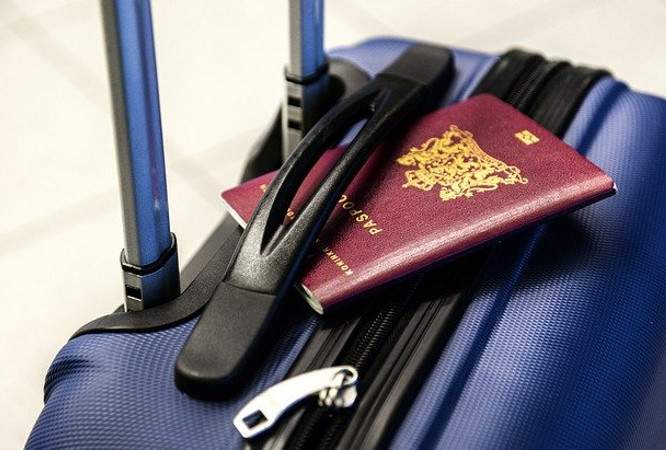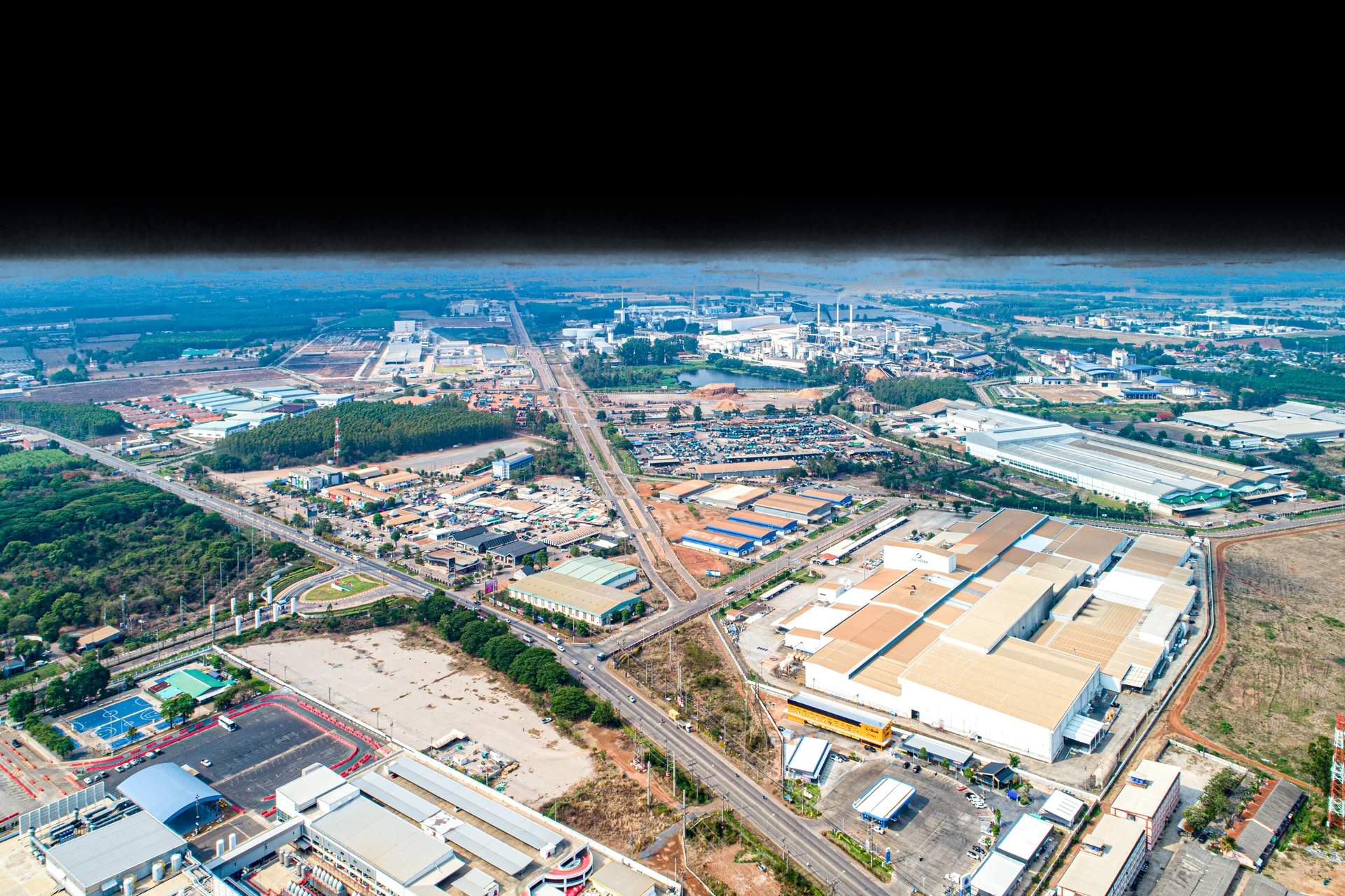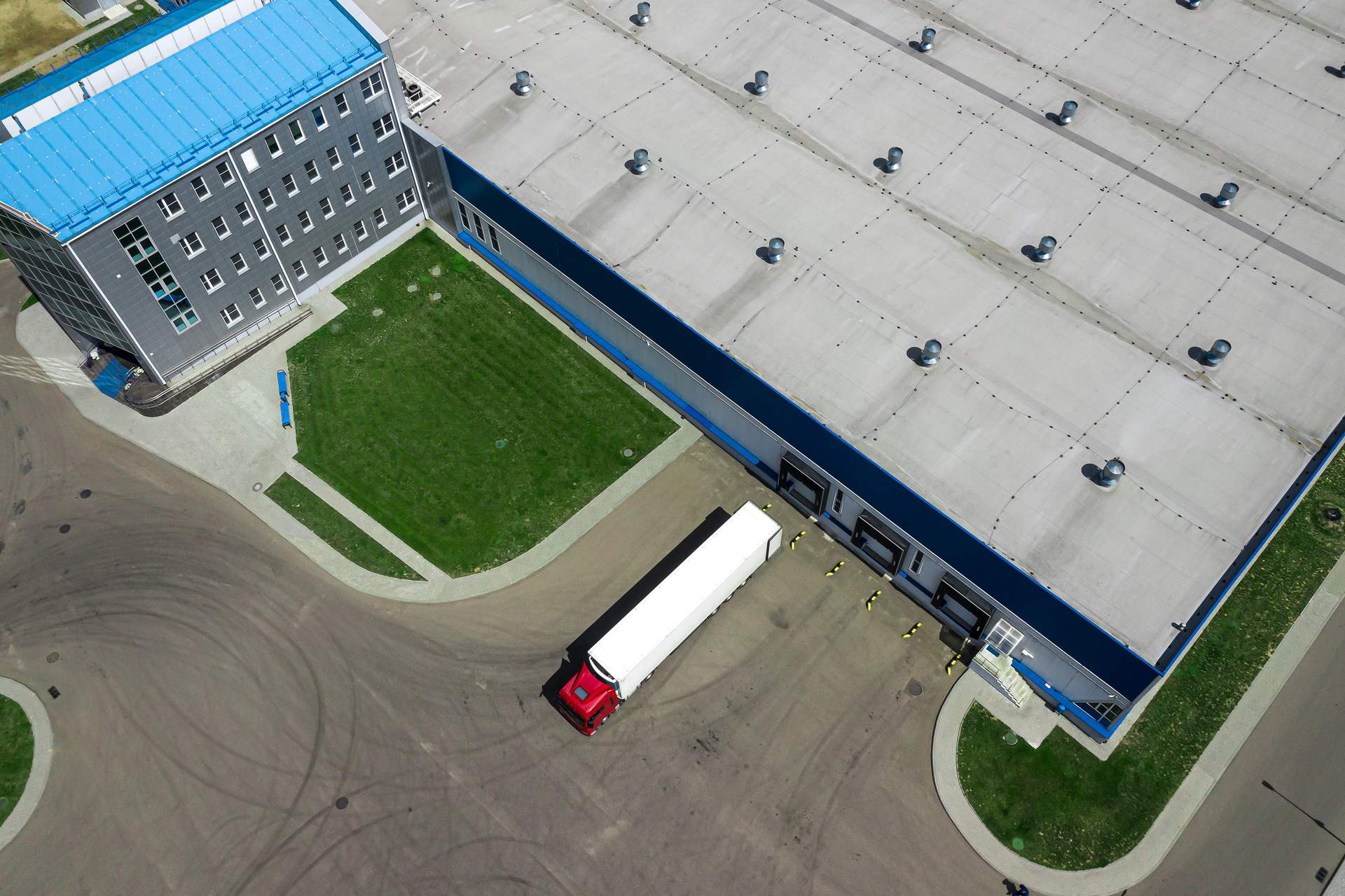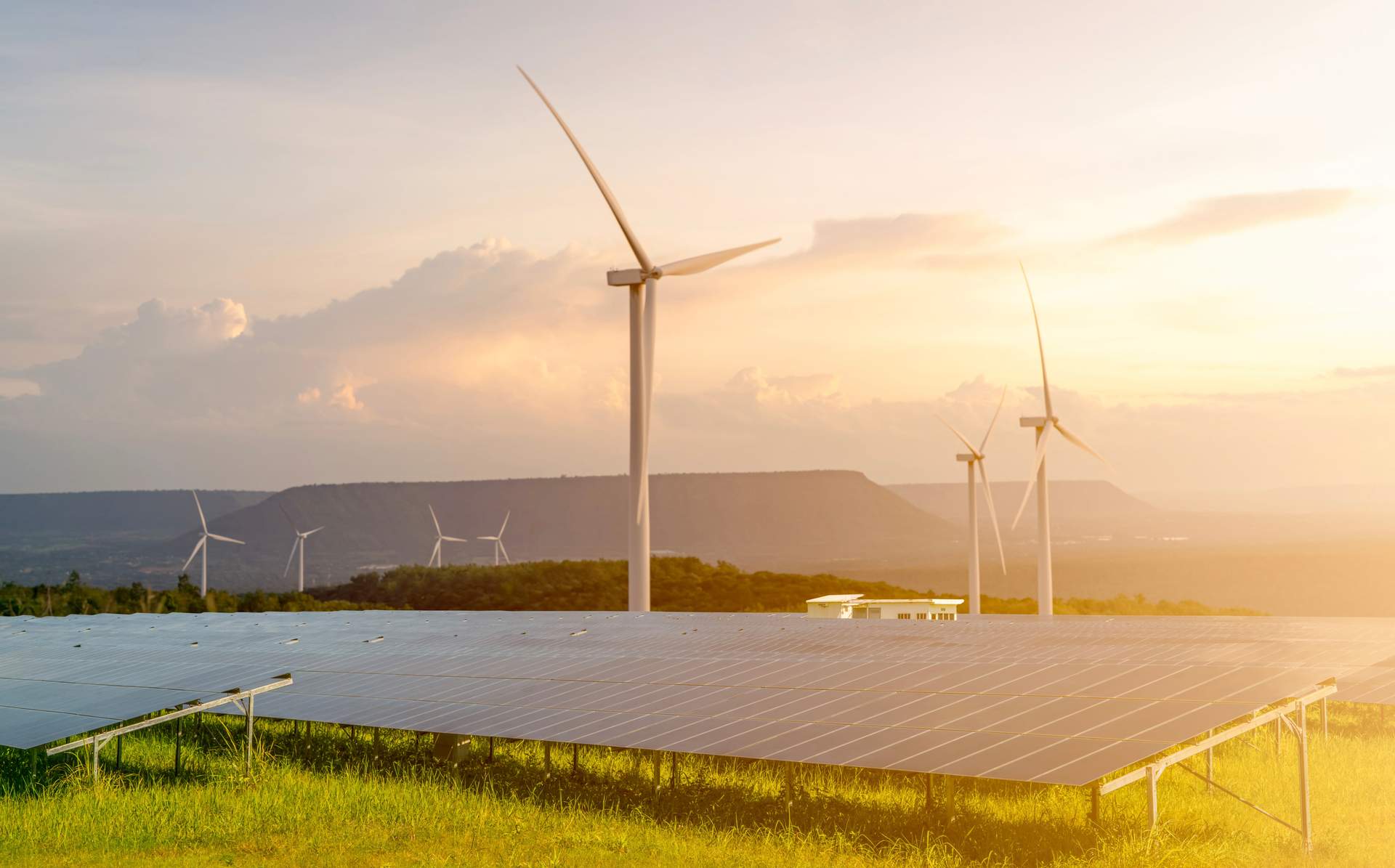Thailand confirms to open the country with intensive measures to alleviate worries of foreign visitors

Image source: https://pixabay.com/photos/passport-luggage-trolley-travel-2733068/
Thailand confirms to open the country on November 1, 2021, amidst the relaxing of lockdown measures to welcome tourists and foreign visitors without quarantine from 63 countries, while curfews remain in only 7 provinces in dark red areas, so as to stimulate the country's economic system after having been shut down to prevent the spread of Covid-19 for a long time.Conditions of entry by the Ministry of Foreign Affairs and other related units
For Thai nationals and foreign visitors who wish to enter Thailand, they need to register their entry into the country (only by air) and request for a Thailand Pass ID with the Ministry of Foreign Affairs via a website: https://tp.consular.go.th/ before being granted the right to travel into the country. There are 3 conditions as follows:
1) Exemption from Quarantine (Test and Go)
It is a form that travelers from 63 countries specified by the Ministry of Foreign Affairs must stay in Thailand for at least 21 days, with fully vaccinated for 14 days and results of RT-PCR test up to 72 hours prior to the date of travel. A proof of payment is required for booking an AQ or SHA + 1 night hotel stay, together with the following documents:
- Passport
- Certificate of vaccination
- Proof of hotel reservation for 1 day and payment of 1-time RT-PCR test upon arrival
2) Sandbox Program of pilot provinces in opening of the country
It is a form of travel in the pilot provinces of Thailand as referred to in the order of the Center for the Epidemic Situation of Coronavirus Disease 2019 (COVID-19) Administration No. 18/2564, issued and effective on November 1, 2021 onwards, in the following 17 provinces as pilot areas of tourism, while certain limitations remain for specific districts in some provinces, including Krabi, Bangkok, Chonburi, Trat, Buriram, Prachuap Khiri Khan, Phang Nga, Phuket, Ranong, Rayong, Samut Prakan, Surat Thani, Nong Khai, Udon Thani, Chiang Mai, Phetchaburi, and Loei. Also, SHA+ or AQ hotels and accommodations must be booked in provinces under the Sandbox Program at least 7 days, with a complete certificate of vaccination for 14 days and results of RT-PCR test up to 72 hours prior to the date of travel. The required documents include:
List of countries not required for quarantine

- Passport
- Certificate of vaccination
- Proof of hotel reservation for 7 days and payment of 1-time RT-PCR test upon arrival
3) Alternative Quarantine
It is a form of entry without meeting the two above conditions for travelers who have not been vaccinated, or not yet completed the required criteria of vaccination. Thus, a minimum of 10 days of stay at AQ Hotel and RT-PCR test are needed upon arrival, in line with the following documents:
- Passport
- Proof of AQ hotel reservation for 10 days and payment of 1-time RT-PCR test upon arrival
List of countries not required for quarantine
Here is a list of 63 countries with entry approval to Thailand without quarantine from the Ministry of Foreign Affairs.

If traveling from a country not specified above, travelers are subject to quarantine according to the Ministry of Public Health's requirements. Also, they must have health insurance with minimum coverage amount of $50,000 USD. After completing their stay at the designated hotels in each program, travelers can travel freely in Thailand.
Recommendation of industrial parks and industrial estates as business establishment areas in Thailand
For investors who are looking for their business establishment areas in the manufacturing industry in Thailand, there are industrial estates located not far from Bangkok, Suvarnabhumi Airport, and Laem Chabang Port, with routes to neighboring countries such as Laos, Cambodia, and Vietnam. Industrial Park 304 has been accepted by both Thai and foreign investors, with fully-equipped facilities and utilities and surrounded by resources and raw materials for production and manufacturing. Investors can also receive privileges and benefits from the Office of the Board of Investment (BOI).
Information source:
- https://www.thaiembassy.at/th/repat.html
- https://tp.consular.go.th/
Related News & Media
304 Industrial Park
Creating a future-ready ecosystem for businesses, with green energy, complete facilities, and global connectivity.
Contact Us


